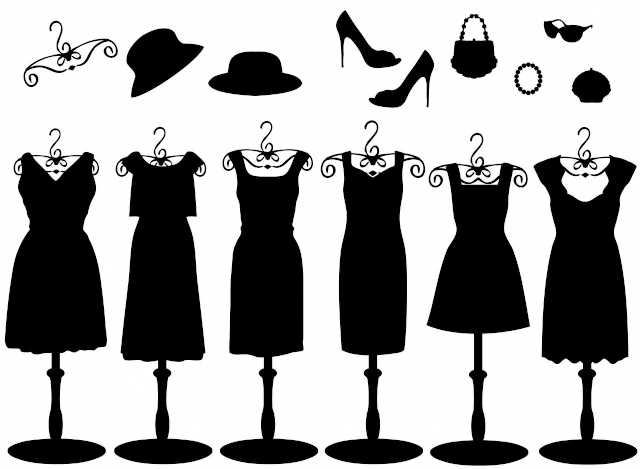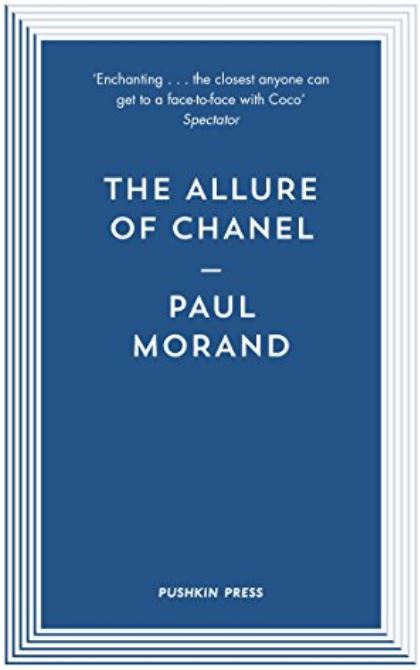Home » Between us... » Books
The allure of Chanel is a book by Paul Morand who was a friend of Chanel, and wrote this book as if it was her who had written the book! It’s a very interesting book and we learn a lot of things regarding her story and her personality :-) It’s as if we hear her voice telling the story and sharing with us some “frivolous” and some serious thoughts and vis-versa. (If we can say that Mademoiselle could speak of frivolous things).
I really don’t know if all these citations belong to Coco Chanel because I do not know where reality starts and where fiction ends! But, I like thinking that all these citations belong to her as well as to the people around her!
In two words:
"Beauty lasts, prettiness goes away"
Coco Chanel (?)
She reminds us that "the Scheherazad, it’s easy; the little black dress, it’s difficult”, and even if I don’t think that’s easy to find a good story, I really believe that the little black dress is even more difficult to find!

I also loved the fact that she does not regret not knowing all things because as she says “today young ladies know everything; we know nothing, nothing, nothing. I don’t regret it”. Life is by far more interesting when we do not know all things right from the start, and when we learn every day! Don’t’ you think?
I also learned from a Mlle Chanel friend who was a Countess that:
“-Madame, I can’t lie”
“-So, why are you a servant?”
“Servants are made to say no”.
Another interesting thing to know was that she hated passion, in fact, the text where she explains why she hated passion is really wonderful! I do not agree with her because I love doing things with passion, but I would like very much to discuss with her on this point!
I was also a bit “jealous” when I read the following phrase “the best gift God gave me was to let me love only people who love me back”, and I was a bit “jealous” because I think quite often that God let me love people that after all they don’t love me back :-( But I was happy that she had that gift because it’s very important to determine our relationship with others!
I learned a lot also with this phrase which is 100% correct, even if I do not manage to accept it and follow through with it “True generocity, it’s maybe when you know how to accept ingratitude”. It’s a phrase that reminds me of Jesus and how he turned the other cheek!
Nevertheless, apotheosis comes when she questions M. Sartre as she says “M.Sartre tries to explain me that I am miserable in my human condition (as Lassale was saying in the early years of Marxism: “First, you need to explain to the worker how miserable he is”), I’ve decided to be happy without this daily poison, which is recently invented, and called happiness”. Actually, Greek have thought a lot about happiness and invented the word “eudaimonia” or “ευδαιμονία”, which is rather a condition where we have found our purpose in life and not just happiness! It’s Aristotle who first spoke about “eudaimonia” and it’s sure he knew one thing or two… Don’t you agree?
I also liked the passage where she explained that she had a strong taste for things she disliked, and this saved or simplified her « life » a lot, and she is correct because knowing what to dislike makes choices easier!
This book is very interesting, because it also reveals that she was not put into an orphanage, and when she was young she used to play and speak to her dolls in a cemetery.
You can find it in English as well, and it’s a small book that you can easily read. It’s a rather pleasant change in comparison to films about her life.
Bien à vous,
Dimitra


